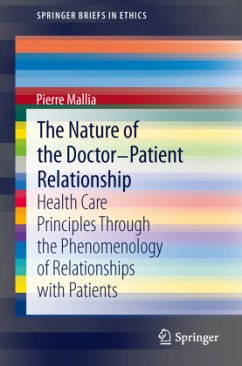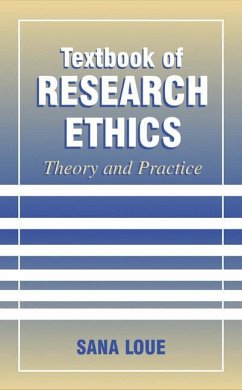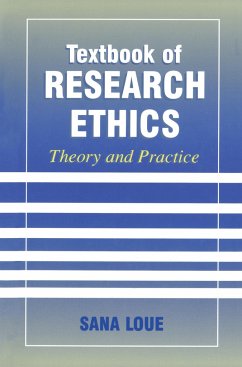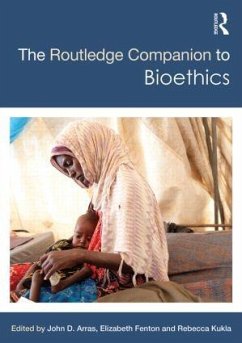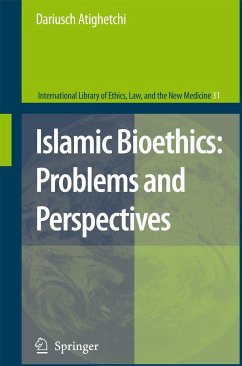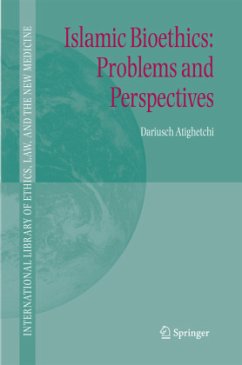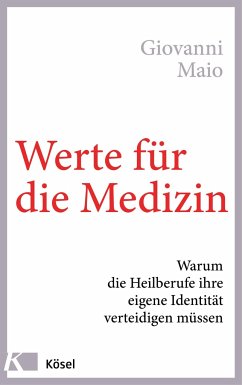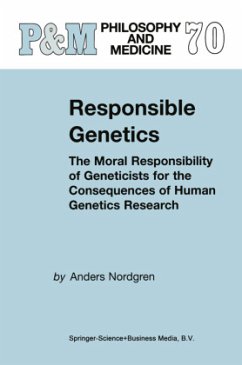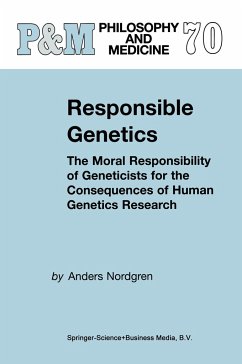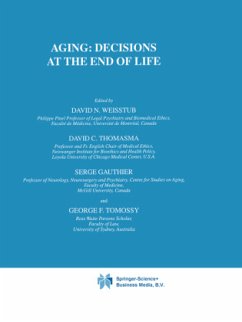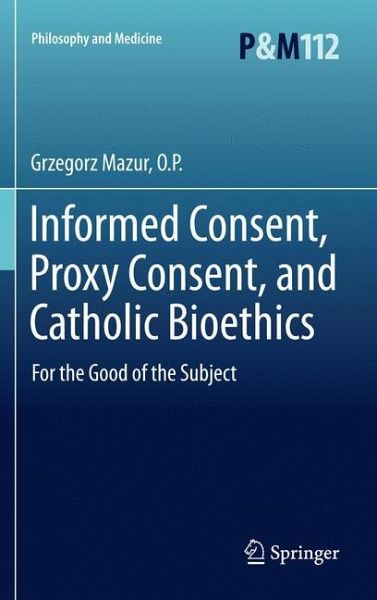
Informed Consent, Proxy Consent, and Catholic Bioethics
For the Good of the Subject
Versandkostenfrei!
Versandfertig in 1-2 Wochen
115,99 €
inkl. MwSt.
Weitere Ausgaben:

PAYBACK Punkte
58 °P sammeln!
This work offers a comprehensive understanding rooted in Catholic anthropology and moral theory of the meaning and limits of informed and proxy consent to experimentation on human subjects. In particular, it seeks to articulate the rationale for proxy consent in both therapeutic and nontherapeutic settings. As to the former, the book proposes that the Golden Rule, recognizing the basic inclinations of human nature toward objective goods perfective of human persons, should underpin the notion of proxy consent to experimentation on humans. As to the latter, an additional scrutiny of the amount o...
This work offers a comprehensive understanding rooted in Catholic anthropology and moral theory of the meaning and limits of informed and proxy consent to experimentation on human subjects. In particular, it seeks to articulate the rationale for proxy consent in both therapeutic and nontherapeutic settings. As to the former, the book proposes that the Golden Rule, recognizing the basic inclinations of human nature toward objective goods perfective of human persons, should underpin the notion of proxy consent to experimentation on humans. As to the latter, an additional scrutiny of the amount of risk involved is necessary, since the risk-benefit ratio frequently invoked to justify higher-risk therapeutic research does not exist in its nontherapeutic counterpart. This study discusses a number of possible solutions to this question and develops a position that builds upon the objective notion of the human good.





